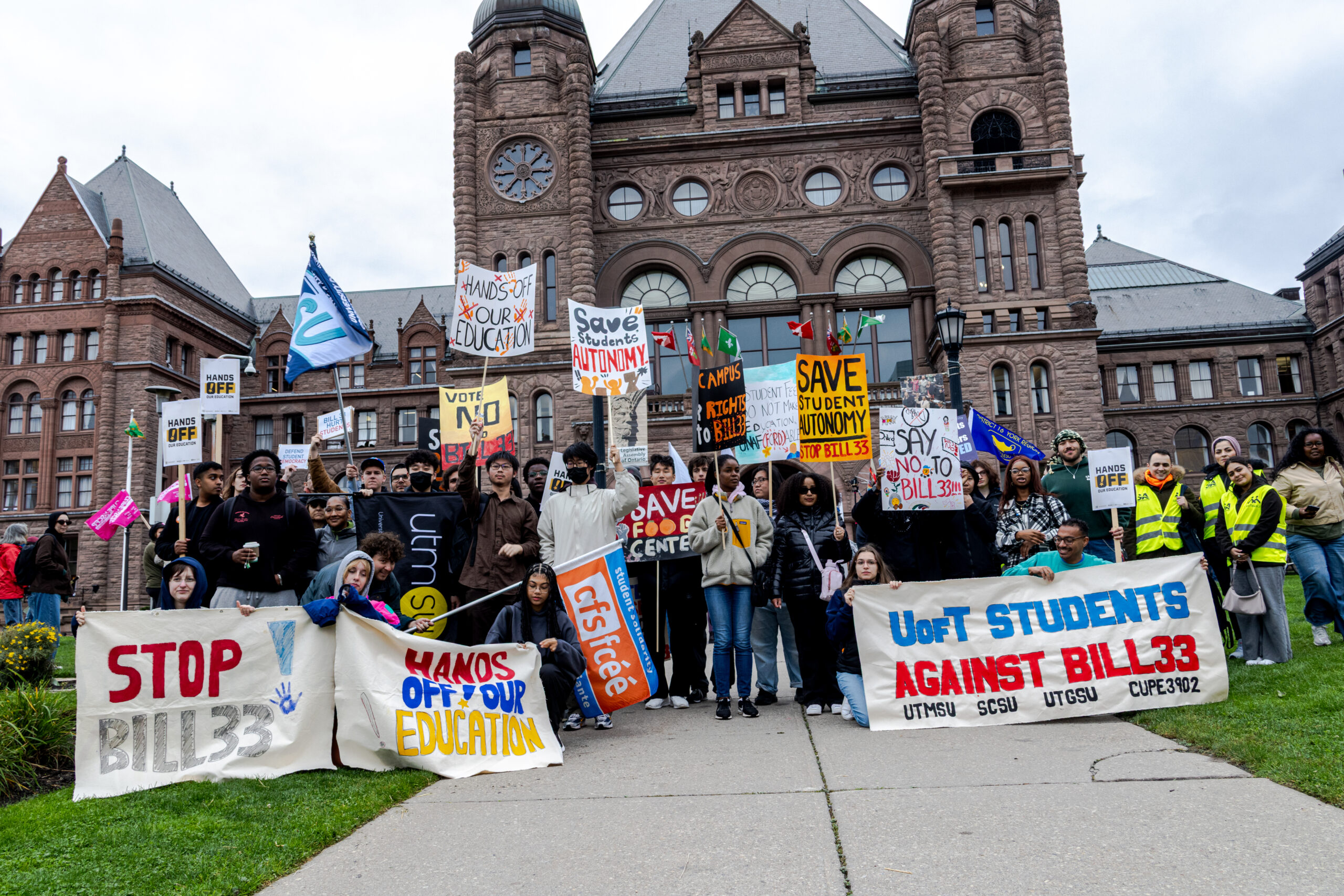Chief returning officer recommends lowering demerit point threshold to disqualify executive candidates
Online voting, which was an option for the first time in the Student Association’s (SA) fall byelections, will continue in the upcoming spring general election.
The SA, which funds The Dialog, held byelections that ran nearly four weeks longer than originally scheduled in the fall semester. Tiffany White, the SA’s director of education, said that the online voting helped engage students in the election during the strike.
But White, who is on the SA’s elections committee, said that due to the faculty strike, the new system wasn’t properly tested in the fall byelection.
“(The strike) really skewed how a normal election process would typically go,” White said. “This was by far the most different election we’ve ever had.”
But she added that online voting will continue to be an option for students in the upcoming spring elections.
“It would be nice to be able to actually pilot it properly, so I would be in favour of continuing it,” White said.
Out of 1,537 ballots cast in the byelection, 1,215, or 79 per cent, were online. Physical polls at the Kings Lounge at St. James and the Student Centre at Casa Loma attracted the most paper ballots, with 85 and 139 respectively.
Chief returning officer (CRO) Charles Wilson made 16 recommendations in his elections report, including a suggested timetable for the upcoming spring elections, continuation of both online and in-person voting methods, and a review of the CRO and deputy returning officer’s compensation, “to better reflect the responsibilities of the position.”
Wilson also recommended lowering the threshold for executive demerit points, which the CRO assigns to candidates who have violated SA bylaws and election regulations. Currently, the SA’s bylaws allow for up to 35 demerit points for executive candidates and 20 for non-executive candidates before disqualification.
In the report, Wilson recommends that every candidate have a maximum of 20 demerit points before disqualification, an idea that White said she is “on the fence” about but would like to try.
“I think that we shouldn’t put too many barriers in place to stop students from running,” she said. “But you also want to make sure that there is fair play.”
In order to change the maximum number of demerit points, a motion to change the bylaws would have to pass the upcoming SA Annual General Meeting (AGM) on Feb. 13. The agenda for the AGM has not been released as of print time.
Kushagra Manchanda, who was elected as the SA’s director of operations, had 31 total demerit points during the byelection. The points were given on five separate dates and included three separate violations for “campaigning in a restricted area” and a fair play infraction stemming from comments Manchanda made about his opponent Brenda Agyei while campaigning.
Manchanda previously told The Dialog that some of the rules weren’t completely clear, and his missteps during the campaign were genuine mistakes.
“All of the mistakes that I made, weren’t out of intention,” he said in December. “They were out of a lack of knowledge and I do assume the responsibility.”


